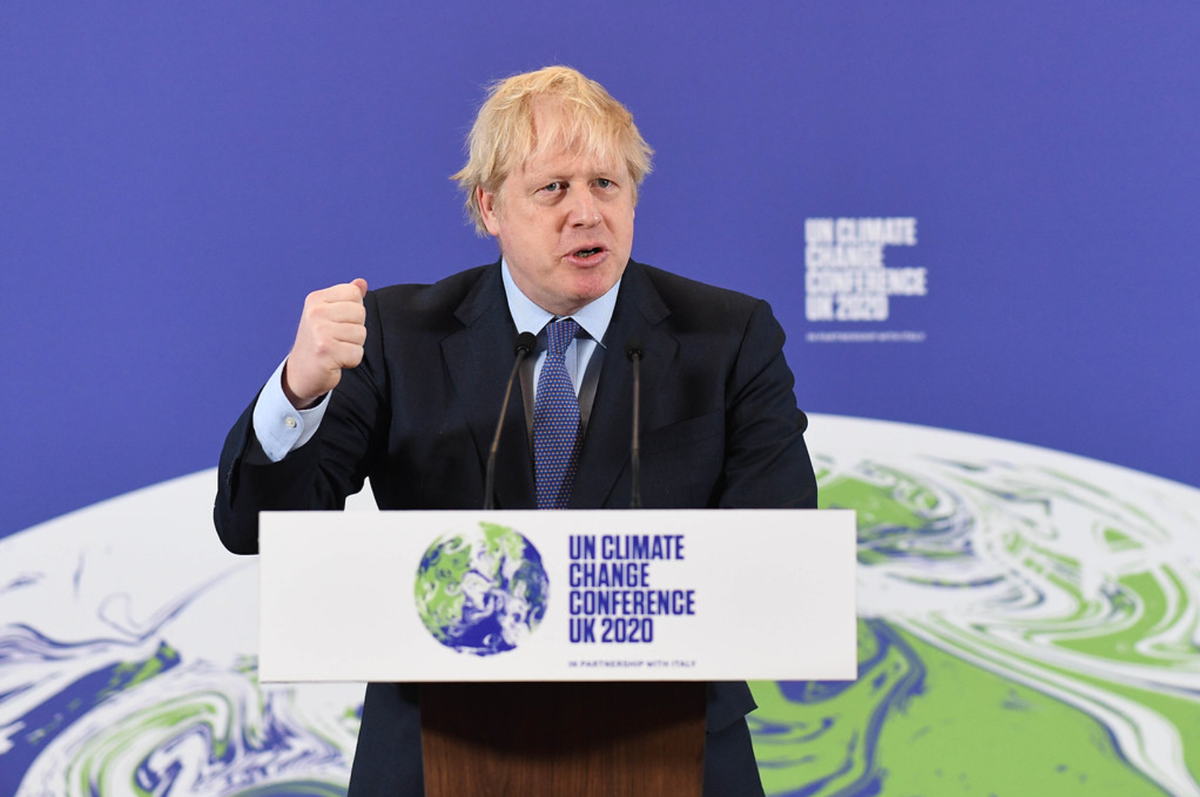Open Letter to the UK Government

By Jacob John Herbert, MA International Studies and Diplomacy
Dear HM Government,
I am writing ahead of COP26 which will be held in Glasgow from the 31st of October. This event has been much anticipated around the world, but anticipation does not always equate to action as we have seen in the woeful failures of COP25. The 2021 IPCC report states that ‘it is unequivocal that human influence has warmed the atmosphere, ocean and land.’ If your rhetoric is to be believed you understand this well, however this has not yet been translated into action.
There still seems to be a sense that science will come along as a knight in shining armour to solve the issue of global warming (for example in Prince William’s recent statement suggesting that resources used for space exploration should be redirected into climate science), but in many ways the scientists have already done their job. Carbon Capture and Storage (CCS) technology can be used to reduce the CO2 produced from burning fossil fuels by 90%, and was first introduced 25 years ago.
No national rollout of CCS technology has ever happened. The cost of solar panels fell by 82% between 2010 and 2019, and yet in recent years the growth of this method of energy production has slowed in the UK . What is missing is the political momentum to bring about a transition away from fossil fuels.
Boris Johnson claimed this year that Britain’s success in COVID vaccinations was thanks to the almighty free market economy. The veracity of this claim aside, in the case of global warming the market cannot be trusted to find a solution to a problem that it has exacerbated. Oil and gas companies continue to invest billions of dollars each year in developing new fossil fuel reserves, while running marketing campaigns advertising their work on renewable energy technology.
‘Greenwashing’ is commonplace today, with companies hijacking public support for climate action for profit. The market is very effective at driving profits, and to do so only needs to address companies’ public images rather than promote profound changes in practice.
‘the stone age didn’t end because we ran out of stones.’
There is a common phrase when talking about our reliance on fossil fuels that ‘the stone age didn’t end because we ran out of stones.’ Intervention is essential in order to change behaviours in a way that will begin to address the climate emergency. The number of potential policies to implement is enormous, and debates around these are hard fought, however there are a number of clear issues that must be addressed. The first of these is the amount of subsidies paid by the taxpayer to fossil fuel companies. The IMF recently found that globally this amounts to $11million every minute; a staggering sum. In a country where public services are chronically underfunded, few would agree that this is an acceptable use of public funds.
Secondly, Article 6 of the Paris Climate Agreement (2015) sets out the goal of establishing a global carbon market. Measures such as these have been shown to be effective in the EU (through their Emissions Trading Scheme) and the US (the Clean Air Act Amendments reducing SO2 emissions). A key aim of COP26 must be to establish a clear plan for implementing this commitment.
Thirdly, the recent global energy crisis has pushed countries all around the world further into the embrace of the fossil fuel industry, with some states such as China even expanding their coal consumption despite the well known climate and public health risks of this fuel. However, this crisis also underlines the fragility of the worldwide fossil fuel industry. In this way, a transition towards domestic renewable energy sources would also bolster the UK’s energy security in the future.
The government’s hypocrisy on climate change must be addressed as an urgent priority. On the one hand we see Johnson telling world leaders at the UN to ‘grow up’ and face their responsibilities regarding the climate, and on the other, the government approves the expansion of oil fields in the North Sea. Rather than promoting ‘Global Britain’ through military alliances or trade agreements, we have an opportunity to be a strong voice of leadership in response to the climate emergency. If only the political will to do so can be found. I hope we will not be disappointed.
Sincerely,
Jacob John Herbert.
Photo Caption: Boris Johnson at the launch of the UK hosting of the 26th UN Climate Change Conference (COP26) (Credit: Andrew Parsons, Flickr).



